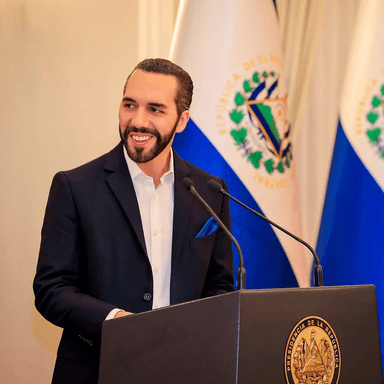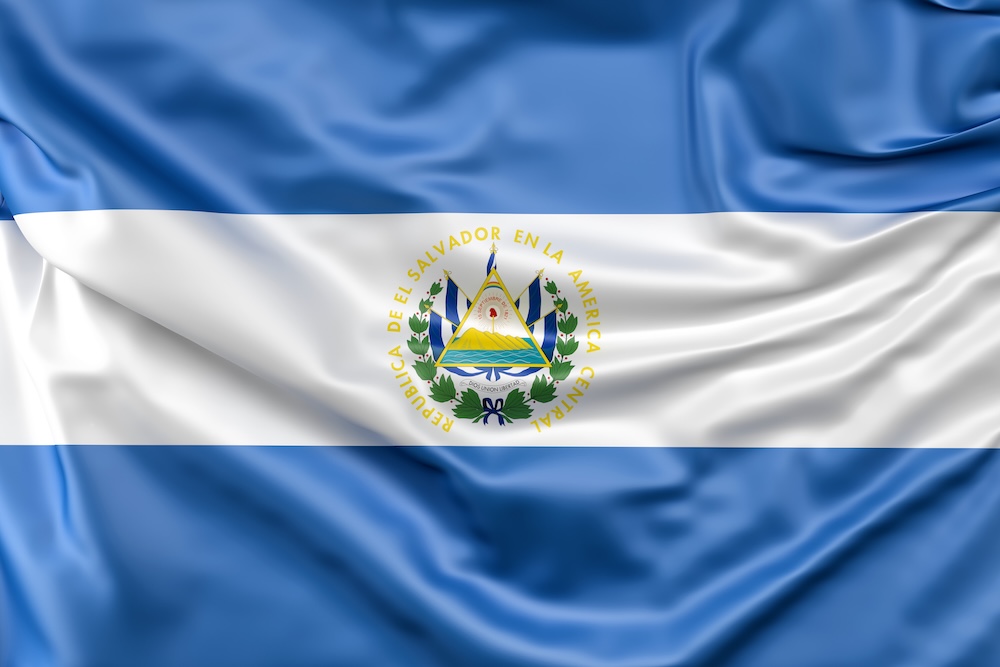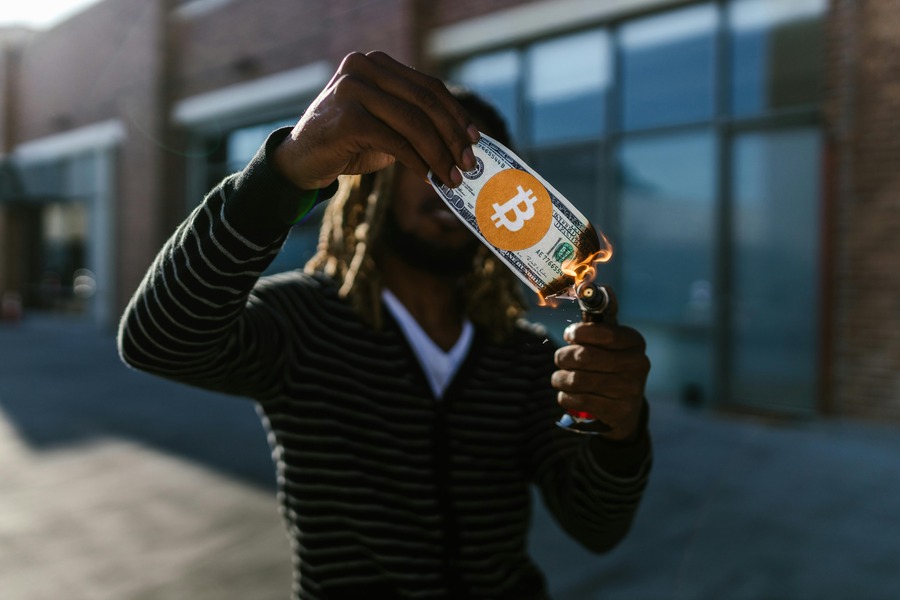
Nayib Bukele
Nayib Bukele: El Salvador's President and Bitcoin Adoption Pioneer
Nayib Bukele (born 1981), the President of El Salvador, captured global attention in 2021 by leading the nation to become the first country in the world to adopt Bitcoin as legal tender. This unprecedented move, aimed at modernizing the economy and promoting financial inclusion, positioned Bukele as a prominent, albeit controversial, figure in the international Cryptocurrency sphere. His administration's subsequent initiatives and challenges provide a unique case study in sovereign crypto adoption.
Background and Rationale for Bitcoin Adoption
First elected president in 2019 and re-elected in a landslide victory in February 2024, Bukele pursued a wide-ranging agenda often marked by bold, unconventional policies. The push for Bitcoin adoption was framed around several key objectives for El Salvador:
- Reducing Remittance Costs: A significant portion of El Salvador's GDP comes from money sent home by citizens working abroad. Bitcoin was promoted as a way to drastically cut the fees associated with traditional remittance services.
- Financial Inclusion: With a large percentage of the population lacking access to traditional banking services, Bitcoin and digital wallets were presented as tools to bring more Salvadorans into the financial system.
- Attracting Investment & Tourism: Positioning El Salvador as a "Bitcoin nation" aimed to attract foreign investment from the crypto industry and boost tourism ("Bitcoin tourism").
- Economic Differentiation: Embracing Bitcoin was seen as a way to create a unique economic identity and reduce reliance on the US dollar, which El Salvador adopted as its official currency in 2001.

The Bitcoin Law and its Evolution (2021-2025)
- Initial Law (September 2021): Following a swift proposal by Bukele in June 2021, El Salvador's Legislative Assembly passed the Bitcoin Law, making BTC legal tender alongside the USD effective September 7, 2021. A controversial component (Article 7) initially required businesses with the technical means to accept Bitcoin as payment.
- Chivo Wallet Rollout: To facilitate adoption, the government launched the Chivo Wallet, a state-sponsored digital wallet supporting both USD and BTC transactions. A $30 Bitcoin incentive was offered to citizens who downloaded the app. The rollout encountered technical difficulties, privacy concerns, and mixed public reception. Surveys and reports (e.g., from the Central American University, National Bureau of Economic Research) indicated that while many downloaded the wallet for the bonus, ongoing usage for daily transactions remained low, with the majority of Salvadorans continuing to prefer the US dollar.
- National Bitcoin Treasury: Under Bukele's direction, El Salvador began acquiring Bitcoin for its national reserves, with purchases often announced publicly by the President via social media. In 2024, the government announced it was moving a substantial portion of these holdings into a secure Cold Storage vault located within the country. The exact amount and cost basis of the government's holdings have been subject to calls for greater transparency.
- Modification of Mandatory Acceptance (Early 2025): In a significant policy shift, reports emerged in early 2025 that El Salvador's legislature had approved reforms removing Article 7, the mandatory acceptance clause, from the Bitcoin Law. This change, widely linked to negotiations for a $1.4 billion agreement with the IMF, means businesses are no longer legally obligated to accept Bitcoin, making its use entirely voluntary, though it technically retains legal tender status.
Ambitious Bitcoin Projects: Bitcoin City & Volcano Bonds
Alongside the Bitcoin Law, Bukele announced grand infrastructure projects centered around Bitcoin:
-
Bitcoin City: Unveiled in late 2021, this was envisioned as a new city built near the Conchagua volcano. It was planned to be powered entirely by geothermal energy (partially used for Bitcoin Mining), offer significant tax advantages (potentially only levying VAT), and serve as a global hub for digital innovation.
-
Volcano Bonds: To fund Bitcoin City and acquire more BTC, the government proposed issuing $1 billion worth of Bitcoin-backed bonds, dubbed "Volcano Bonds." Half the proceeds were earmarked for infrastructure and mining, the other half for buying Bitcoin.

Economic Impact and International Reaction
El Salvador's Bitcoin experiment has yielded mixed results and drawn considerable international commentary:
- Cited Benefits: Proponents point to a documented increase in tourism, the attraction of some crypto-focused businesses and events, and moments where the nation's Bitcoin holdings showed unrealized profits during market upturns. The Chivo wallet did provide some initial access to digital payments for a portion of the unbanked population.
- Criticisms and Concerns:
- IMF and Rating Agencies: The IMF has consistently warned about the risks posed by Bitcoin's Crypto Volatility to El Salvador's financial stability, consumer protection, and fiscal situation, complicating loan negotiations. Credit rating agencies have also frequently cited the Bitcoin policy as a negative factor.
- Low Domestic Adoption: As mentioned, widespread use of Bitcoin for daily commerce or remittances within El Salvador remains limited according to independent studies.
- Economic Strain: Critics argue the focus on Bitcoin has distracted from addressing underlying economic challenges like poverty and national debt.
- Transparency Issues: Concerns persist regarding the lack of full transparency surrounding the government's Bitcoin trading activities and the operational details of the Chivo system.
Bukele's Stance and Legacy
President Bukele remains a staunch international advocate for Bitcoin, frequently promoting its benefits via social media and at crypto events, even with the recent domestic policy adjustments. His quotes often reflect strong conviction:
“Over the next year, they'll all watch the price change,” (Referring to public Bitcoin price displays)
"The volatility is a challenge, but we are looking at long-term growth," (Addressing critics)
His legacy concerning the Bitcoin initiative is highly contested. To supporters within the crypto community, he is a visionary leader who took a bold step towards financial sovereignty and embraced future technology. To critics, particularly in traditional finance and economics, he undertook a risky national gamble with a volatile asset that yielded limited tangible benefits for the broader population while straining relationships with international financial institutions.
Conclusion: A Pioneering, Controversial Experiment
Nayib Bukele's presidency secured El Salvador's place in history as the first nation to adopt Bitcoin as legal tender. The subsequent journey – involving the rollout of the Chivo wallet, ambitious plans for Bitcoin City and Volcano Bonds, significant international criticism, low domestic transactional adoption, and ultimately a legislative pullback from mandatory acceptance – serves as a complex and ongoing case study. While Bukele remains a global Bitcoin proponent, the long-term success and impact of his crypto-centric policies on El Salvador's economy and society are still unfolding and subject to intense debate. His actions have undeniably forced global conversations about the potential role, risks, and challenges of cryptocurrency adoption at the sovereign level.

